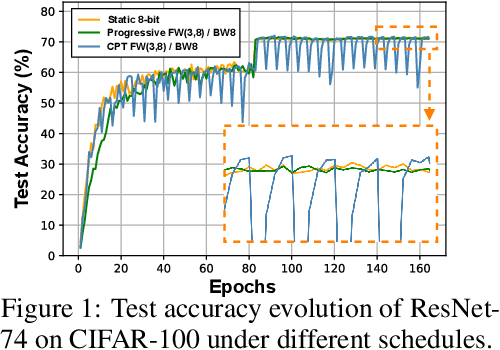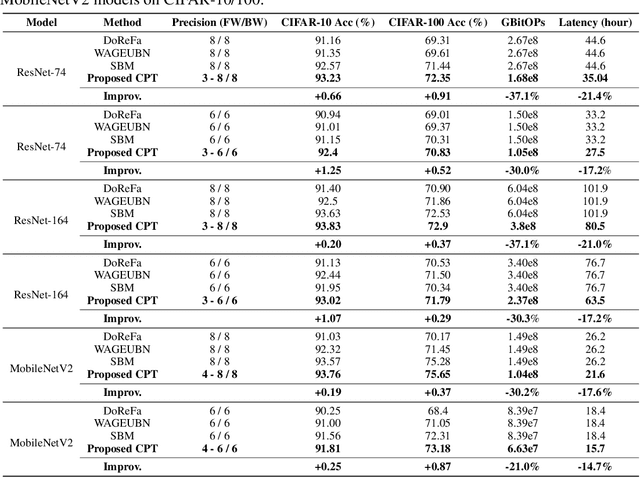Yining Ding
DPMT: Dual Process Multi-scale Theory of Mind Framework for Real-time Human-AI Collaboration
Jul 18, 2025Abstract:Real-time human-artificial intelligence (AI) collaboration is crucial yet challenging, especially when AI agents must adapt to diverse and unseen human behaviors in dynamic scenarios. Existing large language model (LLM) agents often fail to accurately model the complex human mental characteristics such as domain intentions, especially in the absence of direct communication. To address this limitation, we propose a novel dual process multi-scale theory of mind (DPMT) framework, drawing inspiration from cognitive science dual process theory. Our DPMT framework incorporates a multi-scale theory of mind (ToM) module to facilitate robust human partner modeling through mental characteristic reasoning. Experimental results demonstrate that DPMT significantly enhances human-AI collaboration, and ablation studies further validate the contributions of our multi-scale ToM in the slow system.
CPT: Efficient Deep Neural Network Training via Cyclic Precision
Jan 25, 2021



Abstract:Low-precision deep neural network (DNN) training has gained tremendous attention as reducing precision is one of the most effective knobs for boosting DNNs' training time/energy efficiency. In this paper, we attempt to explore low-precision training from a new perspective as inspired by recent findings in understanding DNN training: we conjecture that DNNs' precision might have a similar effect as the learning rate during DNN training, and advocate dynamic precision along the training trajectory for further boosting the time/energy efficiency of DNN training. Specifically, we propose Cyclic Precision Training (CPT) to cyclically vary the precision between two boundary values which can be identified using a simple precision range test within the first few training epochs. Extensive simulations and ablation studies on five datasets and ten models demonstrate that CPT's effectiveness is consistent across various models/tasks (including classification and language modeling). Furthermore, through experiments and visualization we show that CPT helps to (1) converge to a wider minima with a lower generalization error and (2) reduce training variance which we believe opens up a new design knob for simultaneously improving the optimization and efficiency of DNN training. Our codes are available at: https://github.com/RICE-EIC/CPT.
 Add to Chrome
Add to Chrome Add to Firefox
Add to Firefox Add to Edge
Add to Edge